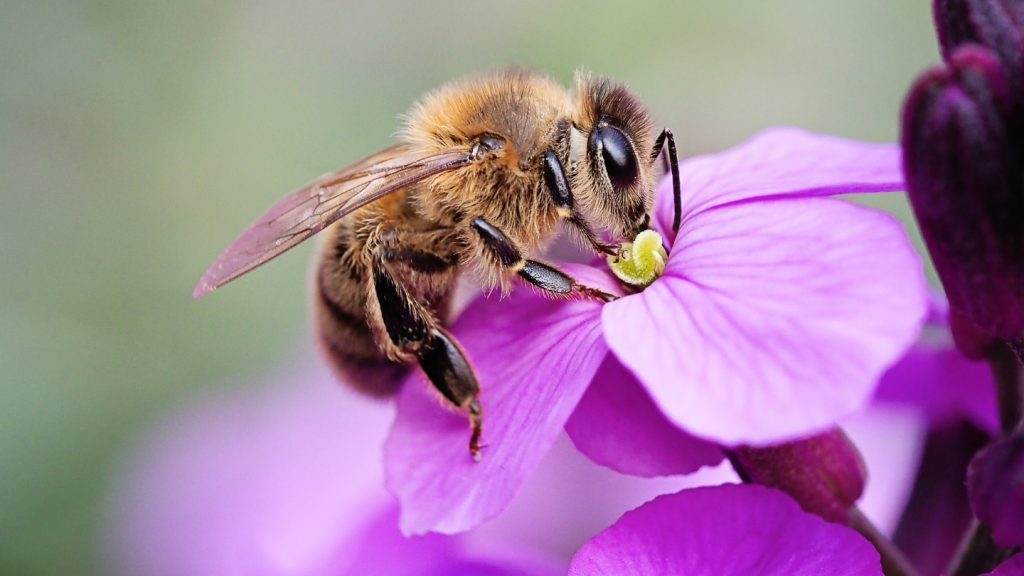The first vaccine designed for insects may improve honeybee health by protecting against American foulbrood, a fatal disease caused by a bacterium called Paenibacillus larvae. Bee hives vaccinated against this disease showed lower levels of an unrelated viral disease compared to unvaccinated hives, as reported by veterinarian Nigel Swift of Dalan Animal Health. The spores of the bacterium can remain viable for over 50 years, leading to the destruction of infected colonies. A vaccine against this disease could potentially save bee lives and beekeepers’ livelihoods by reducing the spread of the disease.
Bees are facing various challenges such as pesticides, parasites, climate change, and nutritional stress, making them more susceptible to infections. In the U.S., beekeepers lost around 48% of their colonies between April 2022 and April 2023, highlighting the urgent need for solutions to protect bee populations. The bee vaccine developed by Dalan uses a sugar paste spiked with heat-killed P. larvae to inoculate bees, offering a novel approach to bee health management. This innovative method enables worker bees to transfer the vaccine fragments to the queen, ultimately protecting the larvae from the disease.
Testing the vaccine posed challenges, with natural disasters and other unexpected events disrupting the trials. However, the results showed promising outcomes, leading to the conditional approval of the bee vaccine by the U.S. Department of Agriculture in 2023. Subsequent authorization by the Canadian Food Inspection Agency further validated the efficacy of the vaccine. Beekeepers using the vaccine reported improvements in overall colony health beyond the intended target of preventing foulbrood disease, prompting further investigation into the vaccine’s impacts on bee health.
A study conducted at an apiary in Georgia aimed to evaluate the vaccine’s effects on a range of diseases, honey production, and overall bee health in a real-world setting. Though the study did not detect any cases of foulbrood disease due to effective control measures in place, it revealed an unexpected finding. Vaccinated hives demonstrated protection against a viral disease spread by varroa mites, showcasing the broader benefits of the vaccine beyond bacterial infections. The exact mechanism behind this cross-protection is still being explored, suggesting bees’ immune responses may play a role in fighting multiple intruders.
The preliminary results of the study have raised questions about how queen bees could pass on defenses against diseases to subsequent generations and whether these protections can persist over multiple egg-laying seasons. The unexpected findings have sparked further interest and research in understanding the complex interactions between bee immune systems and vaccine-induced protections. Despite the challenges and uncertainties, the potential benefits of insect vaccines like the one developed by Dalan offer hope for safeguarding bee populations and ecosystems facing threats from various sources.
In conclusion, the innovative bee vaccine designed to combat American foulbrood disease has shown promising results in improving overall honeybee health. Beyond its primary target, the vaccine has demonstrated unexpected benefits in protecting against viral diseases, highlighting the interconnected nature of bee health management. Ongoing research aims to uncover the underlying mechanisms of cross-protection and explore the long-term impacts of such interventions on bee populations. By addressing the various threats facing bees, including diseases, pesticides, and environmental changes, the insect vaccine represents a significant step towards preserving these crucial pollinators and supporting ecosystem health.


